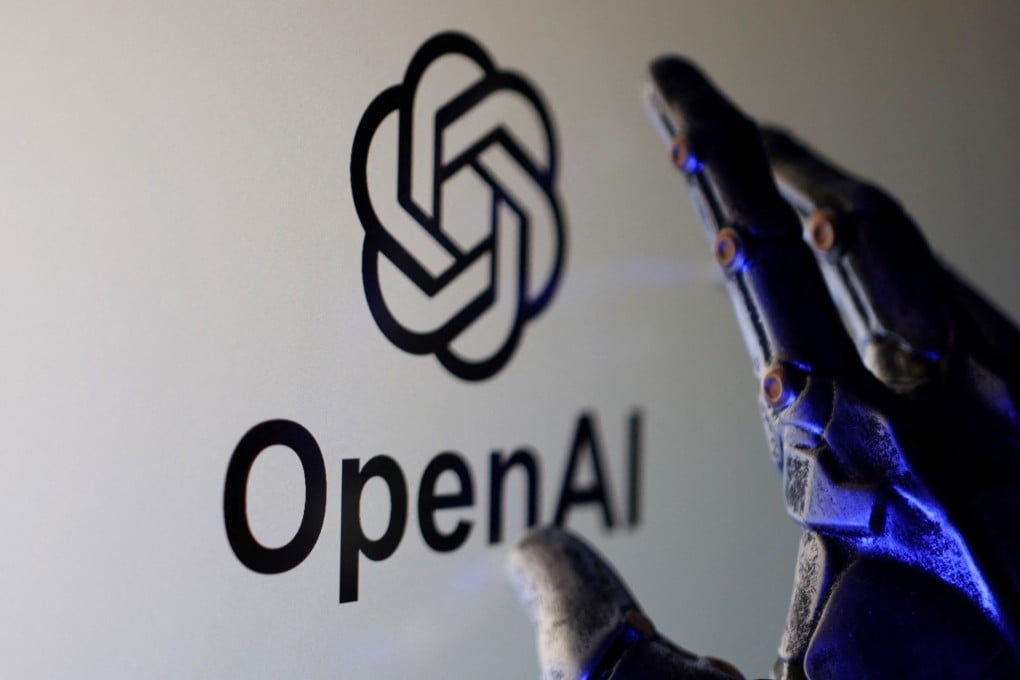OpenAI set to finalise first custom chip design this year to cut reliance on Nvidia
TSMC will be manufacturing OpenAI’s in-house chip using the chipmaker’s advanced 3-nanometer process technology

OpenAI and TSMC declined to comment.
The update shows that OpenAI is on track to meet its ambitious goal of mass production at TSMC in 2026. A typical tape-out costs tens of millions of dollars and will take roughly six months to produce a finished chip, unless OpenAI pays substantially more for expedited manufacturing.
There is no guarantee the silicon will function on the first tape out and a failure would require the company to diagnose the problem and repeat the tape-out step.

Inside OpenAI, the training-focused chip was viewed as a strategic tool to strengthen OpenAI’s negotiating leverage with other chip suppliers, the sources said. After the initial chip, OpenAI’s engineers plan to develop increasingly advanced processors with broader capabilities with each new iteration.